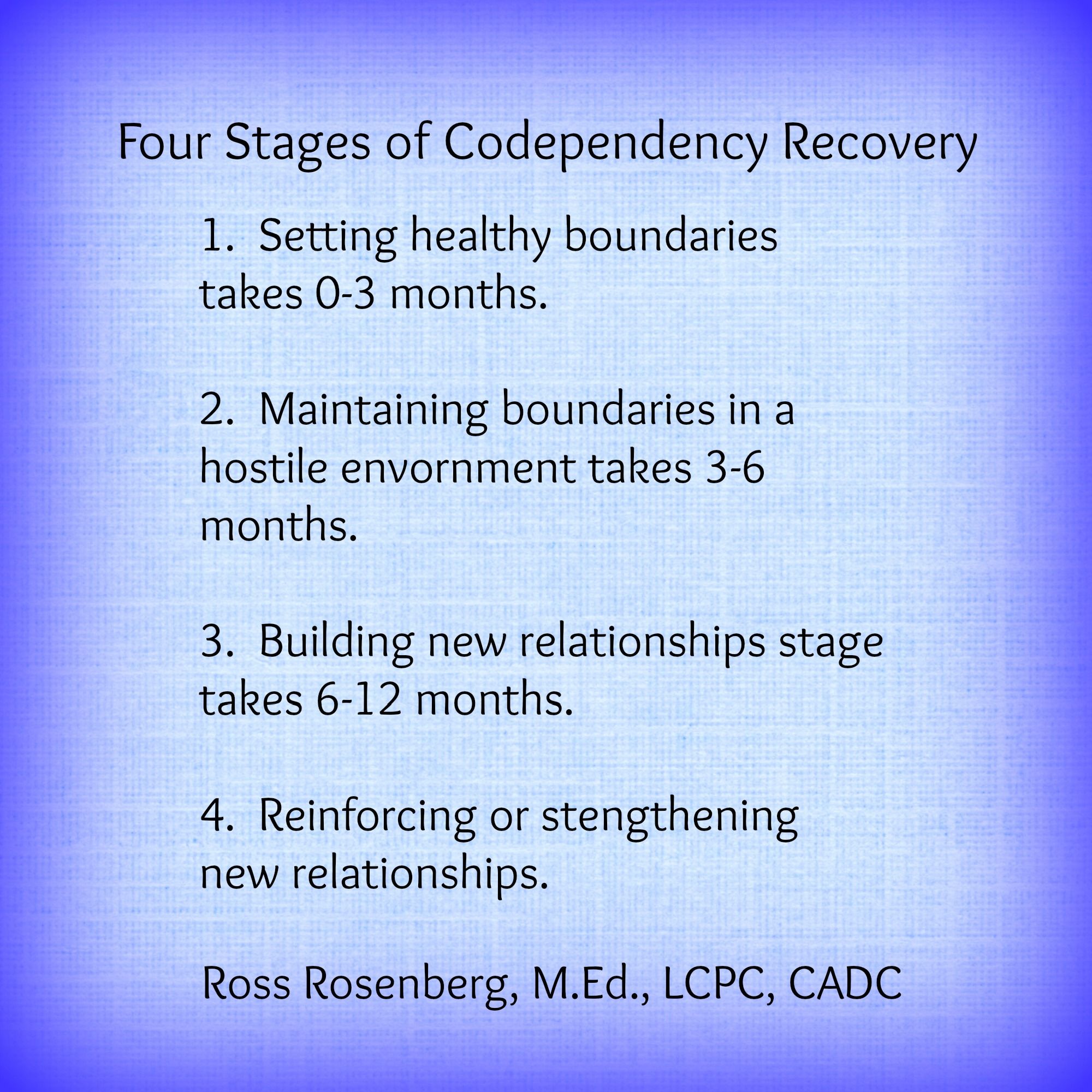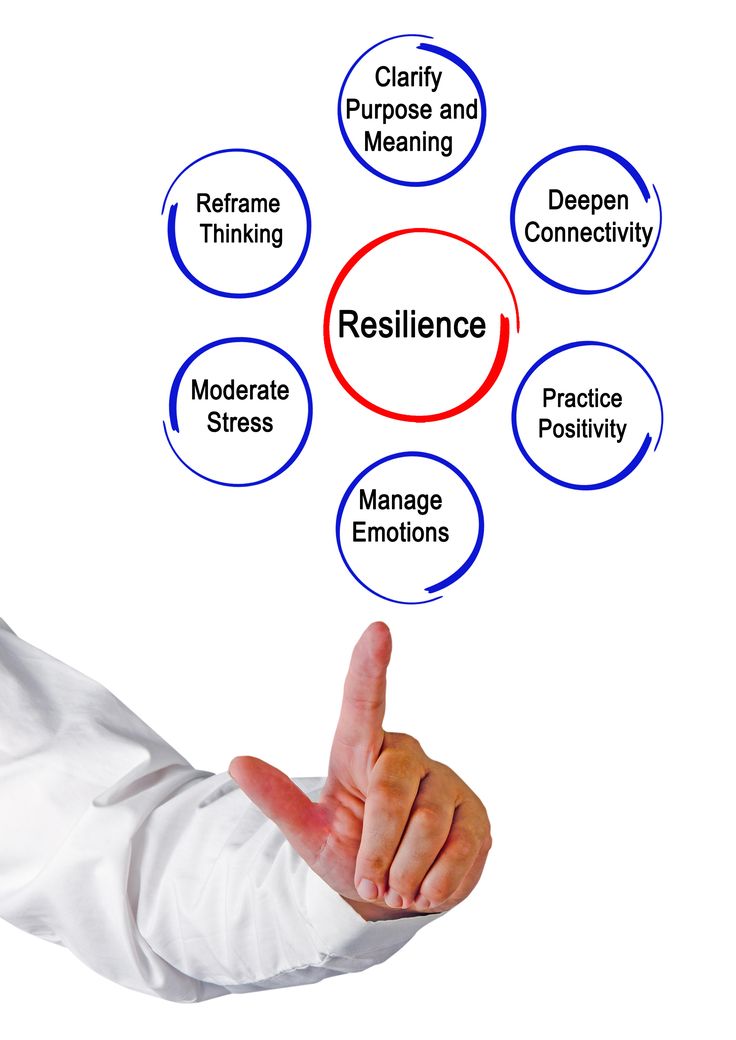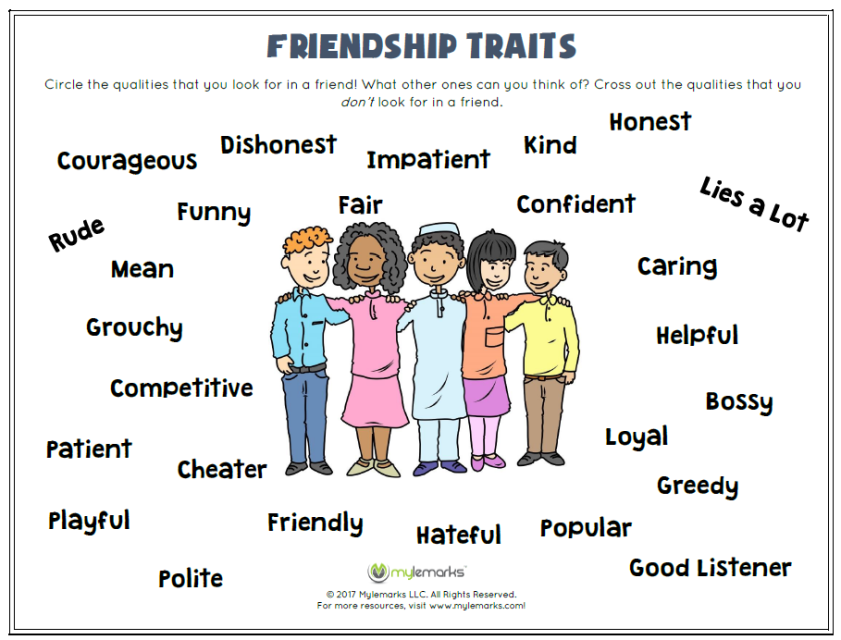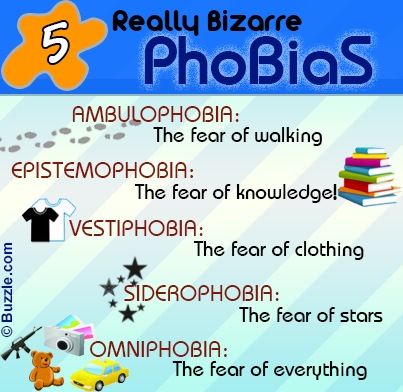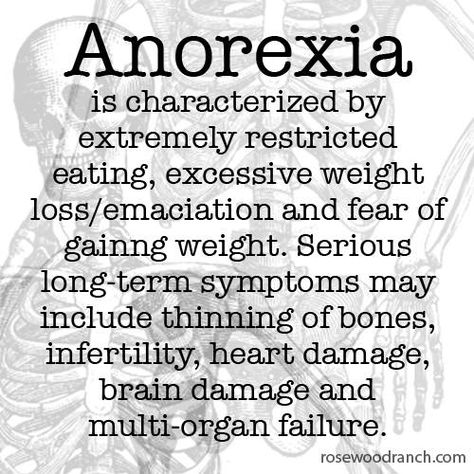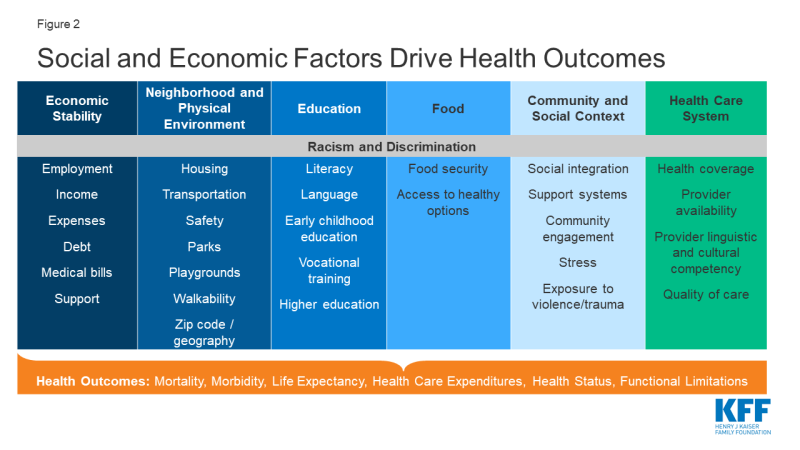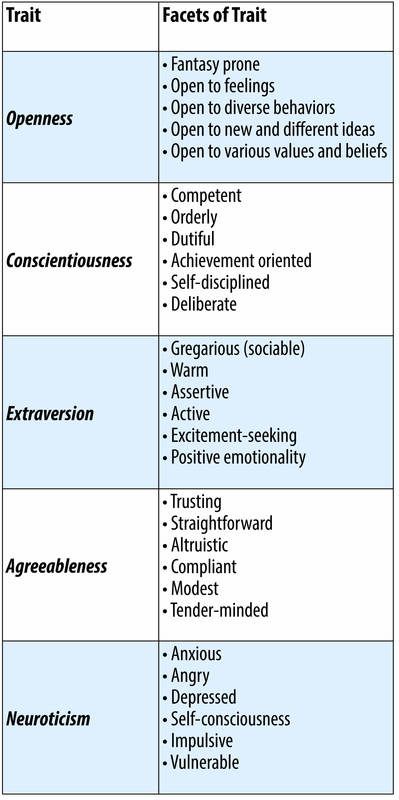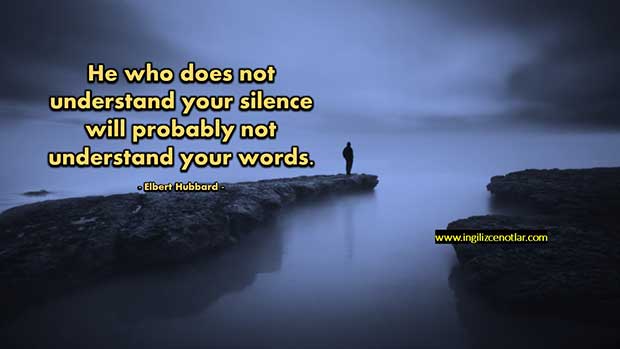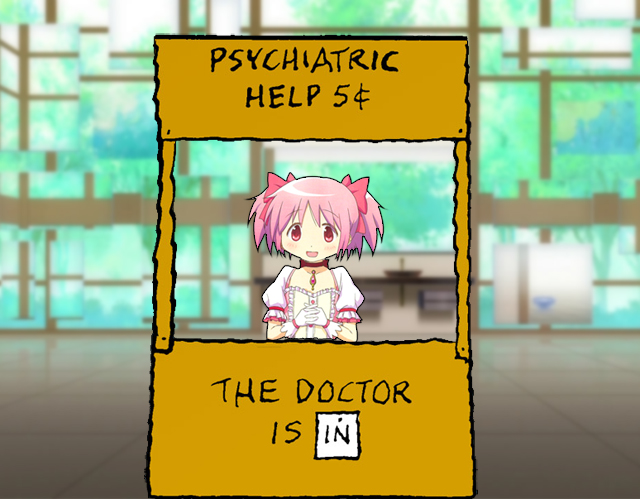Boundaries and codependency
Boundaries and the Dance of the Codependent
A very popular topic in codependency literature is the challenge that a codependent has in setting healthy boundaries.
Let's take a closer look at codependency, from an overview of the typical behaviors and the causes of those behaviors. Codependency is not a mental health diagnosis; rather, it is a learned behavior, often developed in very early childhood. Most, but not all codependents, come from dysfunctional families, often with a history of codependency and addicted, narcissistic or emotionally unavailable partners.
The codependent parent and the addict or narcissist sets the pattern for how children see a relationship. Children learn from the codependent parent to try harder in the relationship, to give all to satisfy the needs of the narcissist, addicted or even abusive parent, and that somehow they can make the changes needed to correct or fix the relationship.
It is not uncommon in these types of dysfunctional families for children to actually take on a parental role as the parents are too caught up in the dynamics of their own destructive relationship. Children learn how to "walk on eggshells," how to keep their needs hidden and put the needs of others before everything else, and how the outward appearance of the relationship is of utmost importance.
Children who learn these lessons and do not learn to foster their own self-worth and value, and to see themselves as an important and autonomous individual, struggle with future relationships. They are always looking for someone to fix, repair, or look after, rather than finding a partner who is secure, independent, and loving.
If this sounds familiar, and caring for the needs of your partner is more important than being happy yourself, you may be codependent. You may have a great deal of difficulty in setting boundaries in the relationship, and you may find that even the thought of saying "no" to the partner may cause anxiety if they were to become angry, displeased or upset.
At the same time, you feel unhappy in the relationship. Most codependents feel trapped in a relationship, but the need to be with someone rather than on their own is a more frightening thought At the same time, it is very common for a person who is codependent to feel frustrated and even angry at the amount of energy and time they spend in a relationship without any reciprocation.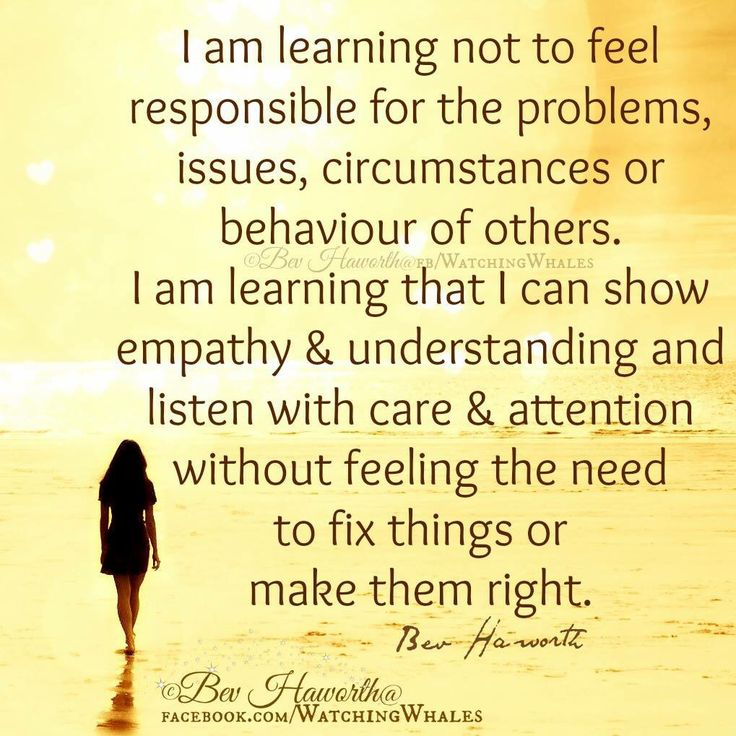 Over time, this anger and frustration builds, but it is usually turned inwards as expressing anger and resentment to the partner only increases the risk of conflict and hostility, the very things the codependent wants to avoid in the struggle to create the "perfect" relationship.
Over time, this anger and frustration builds, but it is usually turned inwards as expressing anger and resentment to the partner only increases the risk of conflict and hostility, the very things the codependent wants to avoid in the struggle to create the "perfect" relationship.
The other side of the coin can also occur with a codependent. Over time, the frustration with the constant demands and drains on time and energy builds up and results in lashing out against the partner. It may also result in the codependent choosing a partner that needs a caregiver, allowing the codependent to have some level of control. At the same time, the dysfunctional partner is resistant to this control and is also lashing out, creating conflict and lack of control throughout the relationship.
The root of all of this conflict and strife, both internally and within the relationship, is often caused by a lack of boundaries. The codependent is willing to compromise her own personal happiness and needs to attempt to create a positive relationship with a person who will never be satisfied.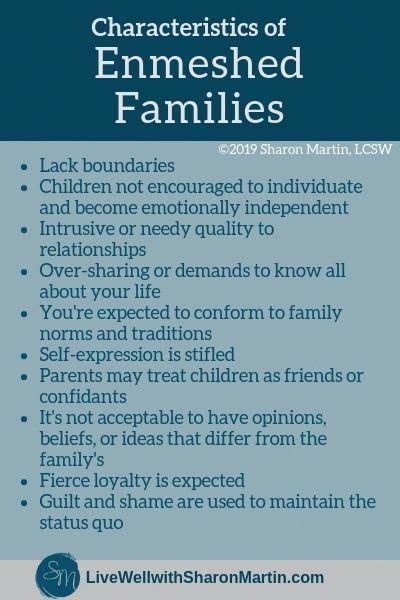
At some level, the codependent recognizes this inequity but is also fearful of being rejected and has a fear of confrontation. Remember, the goal of the codependent is to make everything fit their idea of the perfect couple and how that should look to those around them. Saying "no" or choosing to do something of importance to them rather than to the partner is antithetical to achieving this goal.
What Are Boundaries?
Boundaries are the rules or the invisible walls or fences that divide people and keep the physical, emotional, and mental elements of life separate from those of the others around you.
Boundaries are also the rules by which we let people know what we will accept and what we do not accept. When we fail to set boundaries for ourselves, we automatically and by default allows others to set those boundaries. We also open ourselves up to having to deal continually with irrational and unreasonable expectations by those willing to take more than their fair share.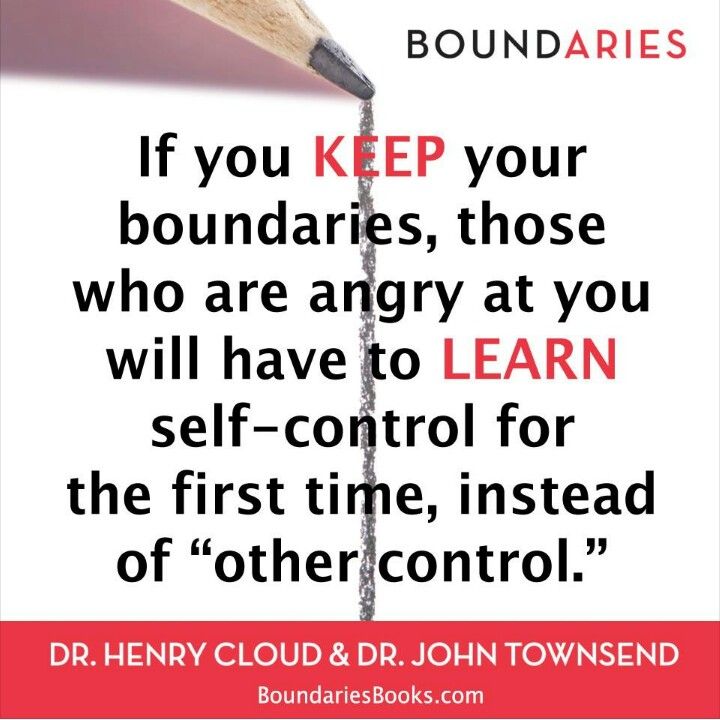
So, how do you set boundaries, and how do others know what those boundaries are?
The key to setting boundaries is to let others know they exist. As a quick example, imagine you had a child and allowed her to access anything she wanted to eat in the kitchen, and you did not provide any dietary boundaries. Kids naturally choose foods that they like and would indulge in ice cream, cookies, chips, and other types of foods, typically avoiding healthy foods like vegetables and fruit.
Parents naturally set boundaries with kids about food, and let them know the rules and expectations. This may include having a small serving of ice cream after finishing your meal or having cookies occasionally and in limited numbers.
Kids learn these boundaries when the rule is explained. That does not mean they won't test those boundaries, and the parent has to be firm and consistent. Through articulating the boundary and then being consistent, a rule is created that allows for the positive aspects of the behavior but also provides care and protection.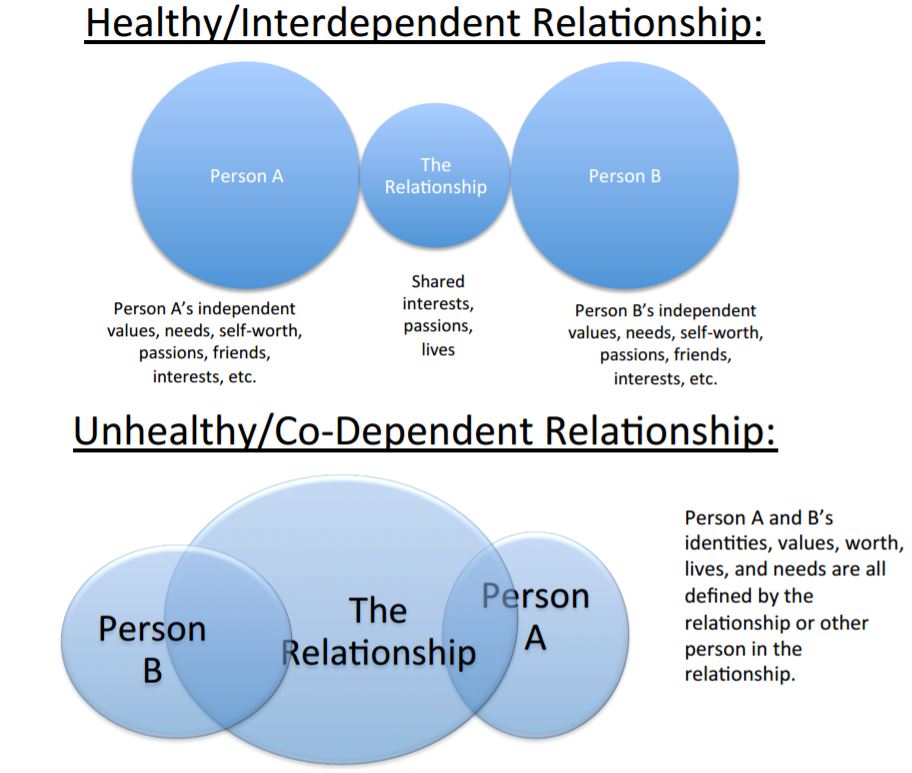
The same types of boundaries are needed in a relationship. However, as we have just looked at codependent behaviors, it is easy to see why setting these relationship rules or fences and holding to them is going to be a challenge.
Codependents may understand the boundaries they need, but enforcing them becomes the problem. To make matters even more difficult, the narcissistic or addicted partner is all too aware of the dynamic and takes great pleasure in pushing and manipulating these boundaries or plowing right through them.
The common reasons that boundaries are a challenge for codependents include:
· Fear of confrontation – simply the act of standing up to the partner may be overwhelming for the codependent, particularly if these types of issues have resulted in the partner leaving, threatening to leave or becoming emotionally or physically abusive in the past.
· Lack of understanding of needs – if you never know boundaries in relationships, including in your relationships with parents, it is difficult to know what you need.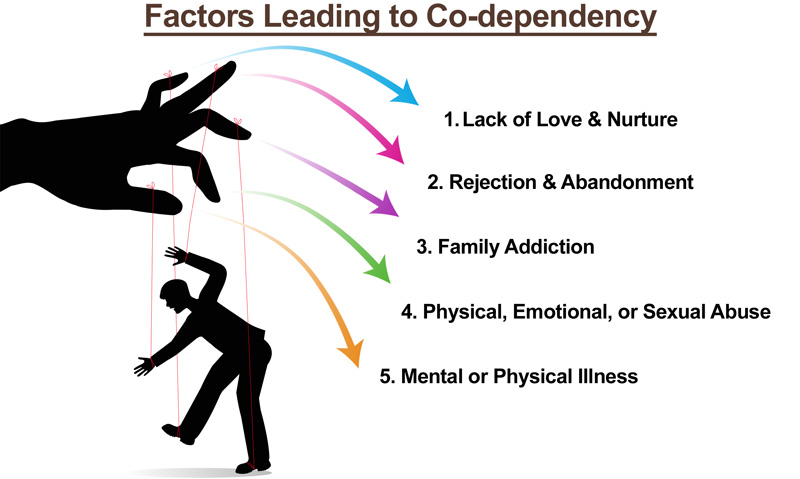
· The belief others are more important – the deeply ingrained belief that the other person is more important and needs to come first is an overwhelming factor in the challenge of building boundaries and maintaining them.
· Fear of loss of approval – when the partner has always had his way in the relationship, and particularly with a narcissist, setting boundaries is going to lead to a lack of approval. For the codependent, this is the biggest fear, and working with a therapist or life coach during this time is instrumental to developing effective coping strategies and not just merely giving in and going back to the old lack of boundaries relationship.
· Taking the blame route – some codependents become nagging or aggressive when they try to set boundaries. Instead of setting the boundary and following through, they constant repeat information, criticize or blame the other person for the change in the relationship "rules." This may lead to the codependent threatening to leave or to do something she will not do, which reinforces the lack of boundaries when the partner challenges this new need or value.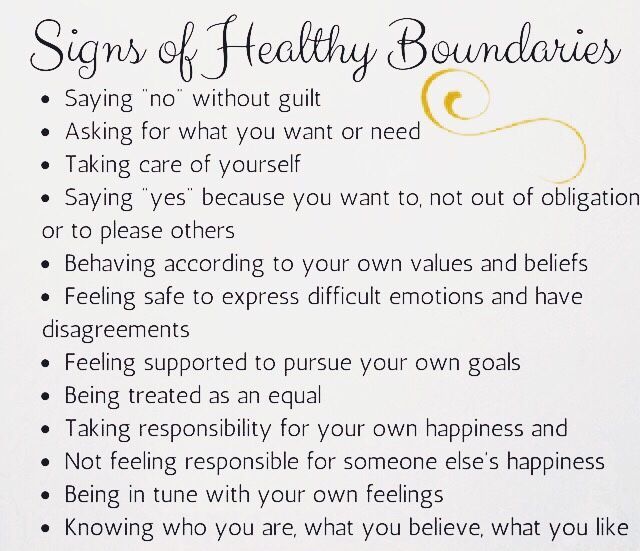
· Lack of support – it is also common for a person in a codependent relationship to be emotionally and socially isolated. After all, your time is spent trying to make the partner happy, and friends and family are often ignored or brushed off. This isolation and lack of support benefit the narcissist, addict, or emotionally abusive partner as he is aware he is your only connection.
· Low self-esteem and self-worth – if you are codependent, you have a low sense of self-worth and self-esteem. This makes it difficult to see yourself as worthy of the respect of others, which makes it a challenge to be able to set these boundaries and then follow through on consequences if they are followed.
The good news is that these types of beliefs, fears, and issues can be changed. It's important to learn new ways of setting boundaries that are empowering, provide self-care, and help you feel good about yourself and those around you.
Getting Past These Boundary Barriers
Getting past boundary setting fears and barriers is not easy.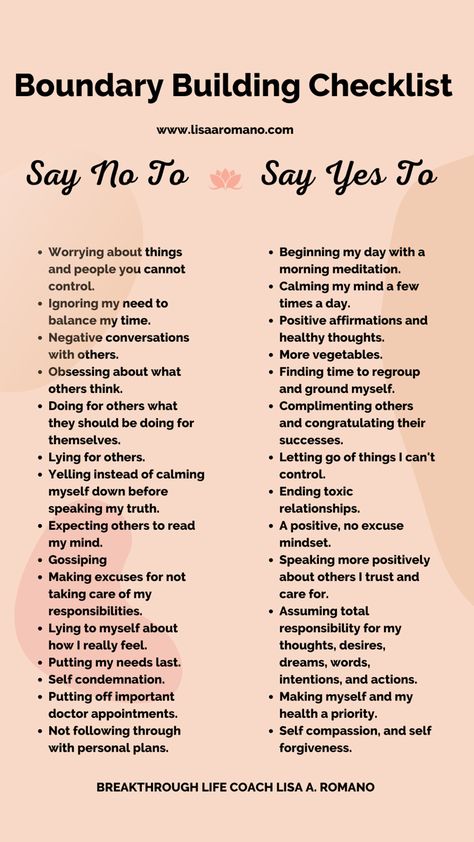 It takes time, support, and a willingness to learn to believe in the value of yourself. It is possible to learn to set and articulate limits in any relationship, and then also set consequences you will use to hold yourself accountable to those boundaries.
It takes time, support, and a willingness to learn to believe in the value of yourself. It is possible to learn to set and articulate limits in any relationship, and then also set consequences you will use to hold yourself accountable to those boundaries.
The keys to setting boundaries include:
· Loving yourself – the first step is to begin the journey of learning to love yourself and develop a sense of self-worth and self-value. It is a learning process, and it involves unlearning all those negative messages and being open to looking at yourself from a completely new point of view.
· Understanding what you value – boundaries are general; they are not universal for all people. What one person may be willing to accept in a relationship, another may not. However, what is accepted has to be healthy, positive, and beneficial, or it is not an effective boundary within the relationship. Taking a look at what you value and what you need is the starting point for setting boundaries that are relevant and meaningful.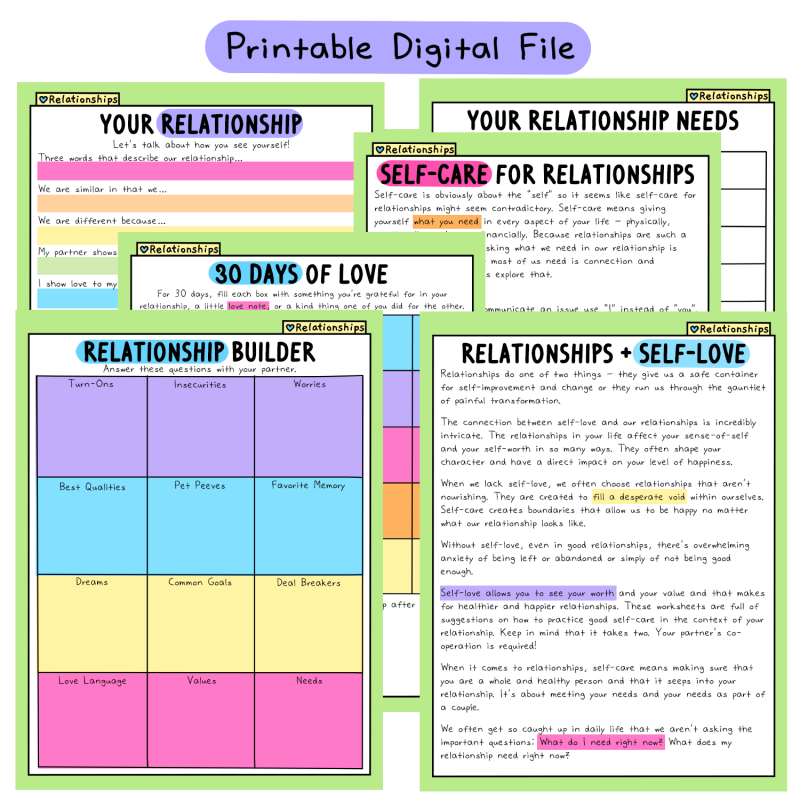
· Take a look at what you want to do – often time and priorities are a problem for codependents. They are afraid of losing the friendship or status, so they say "yes" to everything, even when they don't have the time or the energy to do the things they have committed to complete. By learning to take the time to consider what you want to do and prioritizing your time, it is easier to find ways to say "no" or "I am busy at that time," without feeling overwhelmed with guilt and fear or hating yourself for not standing up for your needs.
· Talk about boundaries – talking to counselors, coaches, friends, and family members can be very insightful in understanding how they set boundaries. Understanding how boundaries are used in all types of relationships and not just in intimate partner relationships can be both educational as well as informative.
· Practice communicating messages – learning how to articulate and communicate your needs, wants, and values is always essential. This may seem like learning a new language, particularly if you are a person who has never spoken about her needs before. Practicing how to communicate is a core skill to master in your relationships.
This may seem like learning a new language, particularly if you are a person who has never spoken about her needs before. Practicing how to communicate is a core skill to master in your relationships.
It is also essential to reach out for help. Learning to set boundaries and holding yourself to those boundaries without giving in or going back to old, unhealthy behaviors is complicated and hard. There will be times when it seems easier just to give in, but every time you give in you send yourself, and the other person a message. That message is that you are not of value in the relationship, which is certainly not the case.
Over time, setting and maintaining boundaries becomes more comfortable. There may be times you start to think negatively, simply want to avoid the confrontation or are emotionally tired, but even in these situations, you can be strong, assertive, and practice caring for yourself.
Why You Struggle With Boundaries
Posted on by Lori Jean Glass
If you’ve been taught to disregard your own needs and instead focus on meeting the needs of others ever since your childhood, there is a good chance that you have developed at least some codependent traits.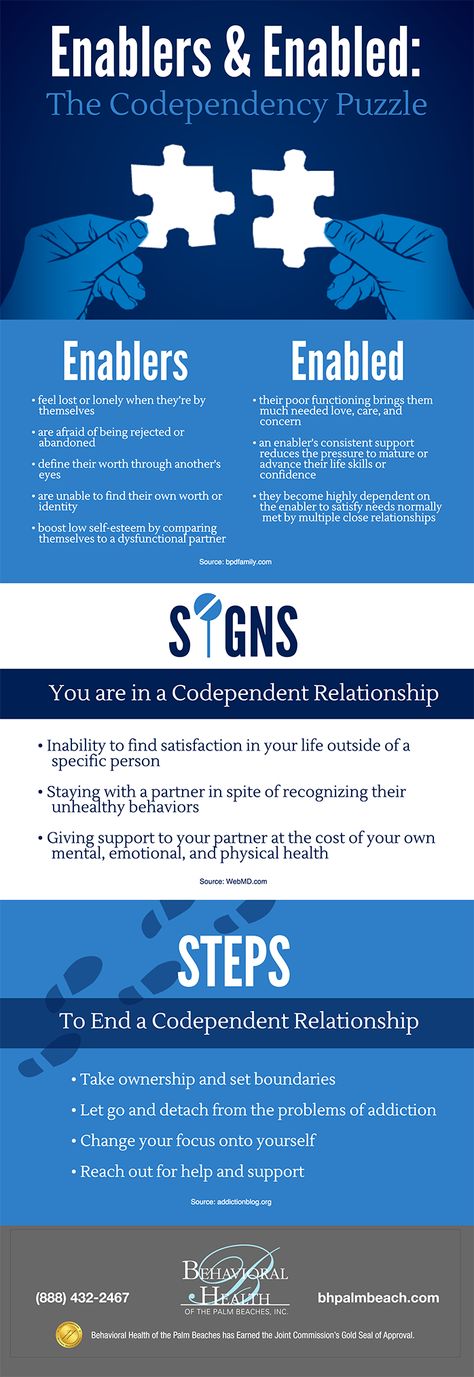 As a codependent, you may struggle to recognize your self-worth without receiving constant affection and love from other people in your life.
As a codependent, you may struggle to recognize your self-worth without receiving constant affection and love from other people in your life.
This desperate need for reassurance and love often leads the codependent to sacrifice their own identity and have poor boundaries in their relationships. Luckily, codependency recovery coaching may be of great help in this regard, teaching you how to set healthy boundaries and love yourself without needing others for reassurance.
In this article, you will learn what triggers, codependency, why you may struggle with setting boundaries and what you can do to combat your codependent traits. Keep on reading.
What Triggers Codependency?
In part, codependents tend to stay in relationship with narcissists or individuals who have a substance use disorder because of their triggers. These triggers can be feelings, emotions, or thoughts coming from internal and external sources. They can be especially intense for codependents, who are highly sensitive to the needs and feelings of others.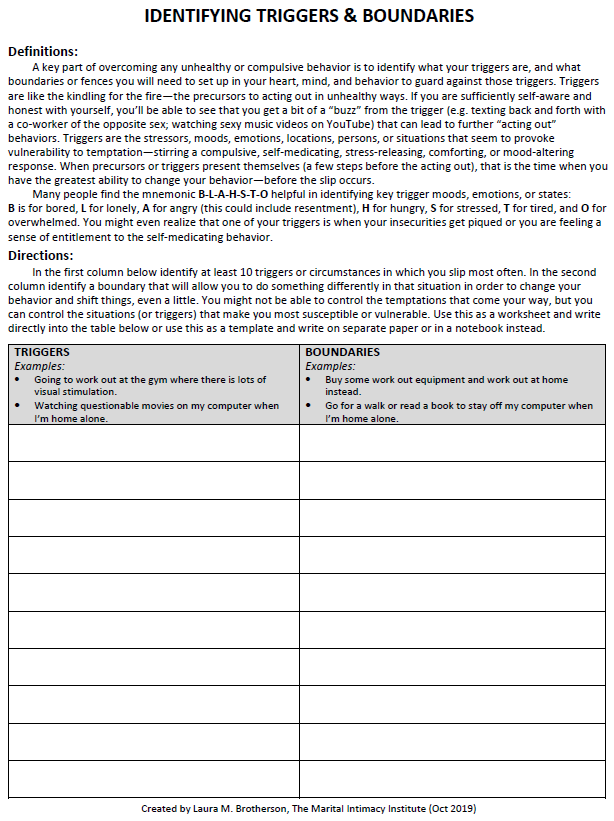 Triggers can also be seen as wounds that typically come from past hurt and trauma.
Triggers can also be seen as wounds that typically come from past hurt and trauma.
Internal Codependency Triggers
Everybody has their inner critic that tells them that they are not good enough or don’t measure up to the high standards they’ve established for themselves. This inner critic comes from learned dysfunctional beliefs we have about ourselves, often triggering shame if these beliefs are not maintained.
As a codependent, you can get triggered when you feel like you’re being too selfish, which may push you towards offering help even when it might harm you. Another common codependent trigger is being told that you are “overly sensitive” or dramatic because your parents or caregivers convinced you of that when you were little.
External Codependency Triggers
Your triggers can also be signs of impending danger you experienced before being hurt in the past. You have learned to react to these warning signs in order to save yourself from harm. Although it can be helpful to react to such warnings in certain situations, you might have a dysfunctional reaction when you are reminded of a hurtful experience. Codependents generally come from abusive or dysfunctional families, and may overreact to situations that mirror the relationship they had with their parents or caregivers.
Codependents generally come from abusive or dysfunctional families, and may overreact to situations that mirror the relationship they had with their parents or caregivers.
What Does It Mean To Lack Boundaries?
If you have codependent traits, you may have a tendency to seek relationships that require you to look after or fix your partner. This happens because you’ve learned that other’s needs are more important than your own. Your childhood wounds might actually lead you to recreate the stressful and dysfunctional relationships you’ve known since you were little.
This often leads to difficulties in setting healthy boundaries. You may find it extremely hard to say “no” to your partner or become anxious when they are displeased or angry with you. On the other hand, you may exhibit needy behaviors, constantly seeking attention from your partner, and feeling unhappy when they don’t seem to need your help.
Signs You Lack Healthy Boundaries
Here are some additional signs that you may struggle with setting good boundaries in your relationships:
- You feel responsible for other people’s feelings
- You can’t stand letting other people down
- You tend to overshare and are often victim of emotional manipulation
- You feel annoyed when others don’t need your help
- You feel like you don’t get enough recognition for your help
- Your relationships tend to be dramatic and addictive
What Happens If You Don’t Set Boundaries?
Not setting good boundaries can cause you to harbor a great deal of frustration and resentment, which can bubble up and rise up to the surface after a while. You may feel like you’re constantly helping and getting nothing in return. Or you might find another partner who needs your help and care in order to maintain a level of control in the relationship.
You may feel like you’re constantly helping and getting nothing in return. Or you might find another partner who needs your help and care in order to maintain a level of control in the relationship.
Over time, the anger and frustration may build up so much that you might start to lash out against your partner. Compromising your happiness in an attempt to maintain a “perfect” relationship and always be helpful to your partner will drain all of your energy and time, resulting in numerous conflicts in your relationship. .
How To Stop Codependency And Set Boundaries
Fortunately, there are ways to increase your boundary setting abilities and build happier and more fulfilling relationships. Try the following tips for overcoming codependency:
- Determine your triggers
The first step towards creating better boundaries is understanding what actually caused your codependent tendencies. Work on exploring your past hurts and healing your core wounds.
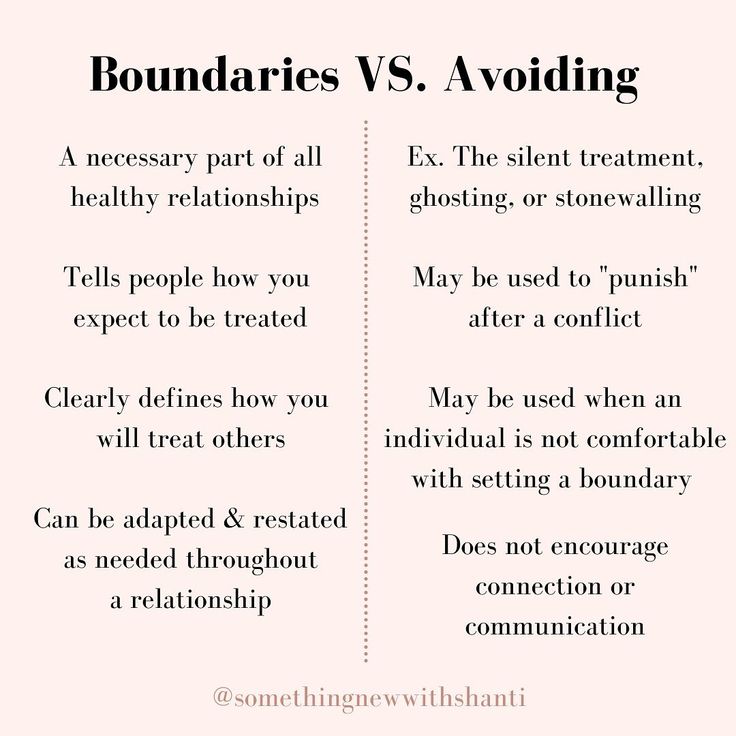
- Understand the difference between support and codependency
Helping other people is not a bad thing. But codependency often entails helping others for the wrong reasons, such as wanting to influence their mood and control their behaviors.
- Remember that you are responsible only for your own feelings
While you may feel like your partner needs you to be happy, their feelings are actually not your responsibility. Try focusing more on yourself and your needs and take responsibility for them.
- Practice saying “no” to other people
Although you may feel compelled to help others, you can only set healthy boundaries if you learn how to say “no” to things that go against your own values and voice opinions that may differ from your partner’s.
- Accept and integrate your feelings of guilt
When you first refuse to help your partner, you are bound to feel guilty. Understand that these feelings come from the dysfunctional behaviors you learned in childhood and accept them for what they are.
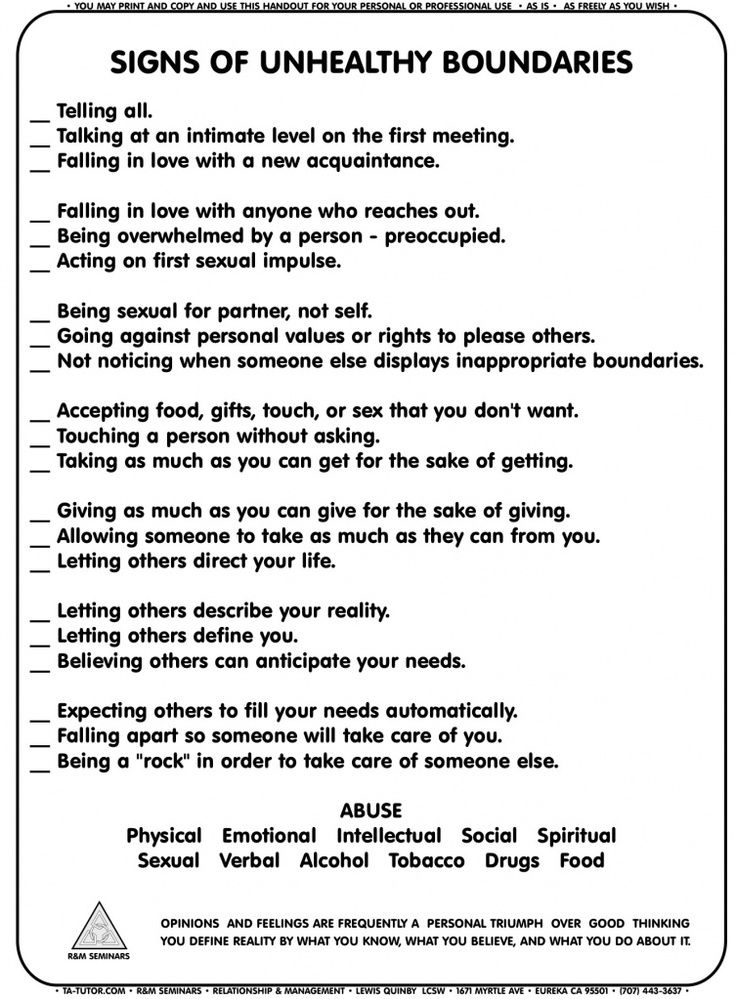
- Consider professional help
If you can’t overcome your codependent tendencies on your own, seeking expert assistance may be the best course of action. Experienced codependency coaches can give you a new perspective and push you in the right direction.
Find Your Freedom At The Best Codependency Retreats in California
Whether you are struggling with setting better boundaries for yourself or want to learn how to deal with a stonewalling partner, PIVOT is here to help. Our insightful advocates will help you understand and integrate your past experiences and trauma, guiding you towards positive change and healthier relationships.
Our codependency retreats and workshops are designed to help you gain relational freedom and find balance in your relationships. Additionally, we offer in-depth coaching for individuals struggling with codependency and other relationship issues. Contact a PIVOT Advocate today and find the help you deserve.
Codependency. How to Form Personal Boundaries
Co-Dependent Family
Parents who have not experienced their own psychological birth unwittingly create a symbiotic or entangled system where each family member must become co-dependent with every other member of that family. The result is a web-like structure that binds everyone and confuses them with each other. This type of symbiotic family system encourages the beliefs, values, judgments, and myths that support this structure and provides a seemingly unified façade on display for all to see. Rebellion or other attempts to become independent from this system are usually thwarted by physical punishment, humiliation, shame, threats of rejection of love and abandonment. nine0007
The system is strengthened by promises of unity and security; pride, selfishness, and outward attention or approval. Family members often describe this symbiosis as an overwhelming feeling of suffocation and loss of their own identity.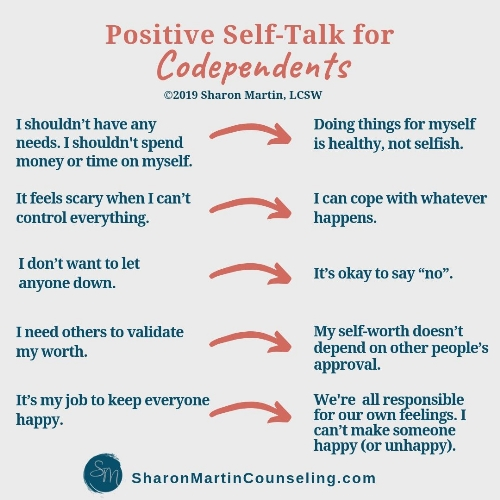 In such a system, there is usually no room for autonomy. Everything that family members do is designed to keep this family system going forever. Such a system is not intended to support or preserve individuality.
In such a system, there is usually no room for autonomy. Everything that family members do is designed to keep this family system going forever. Such a system is not intended to support or preserve individuality.
This phenomenon is sometimes called the co-dependent family. The functioning of a co-dependent family is in many ways similar to the co-dependent stage of a relationship in which there is a confusion of feelings, problems, thoughts, dreams and needs, with the only difference that there are more than two people involved. nine0007
In a co-dependent family there is an individual psychology of each person, but each individual person is not able to identify himself or claim his rights. The problem of a co-dependent family is the absence of a conscious personal choice for the individual and a significant number of external expectations, because such restrictions prevent the disclosure of the true "I".
The stories of parents who direct their children to act solely as honors students or promising athletes illustrate the unhealthy need of adults to be judged by their children's accomplishments.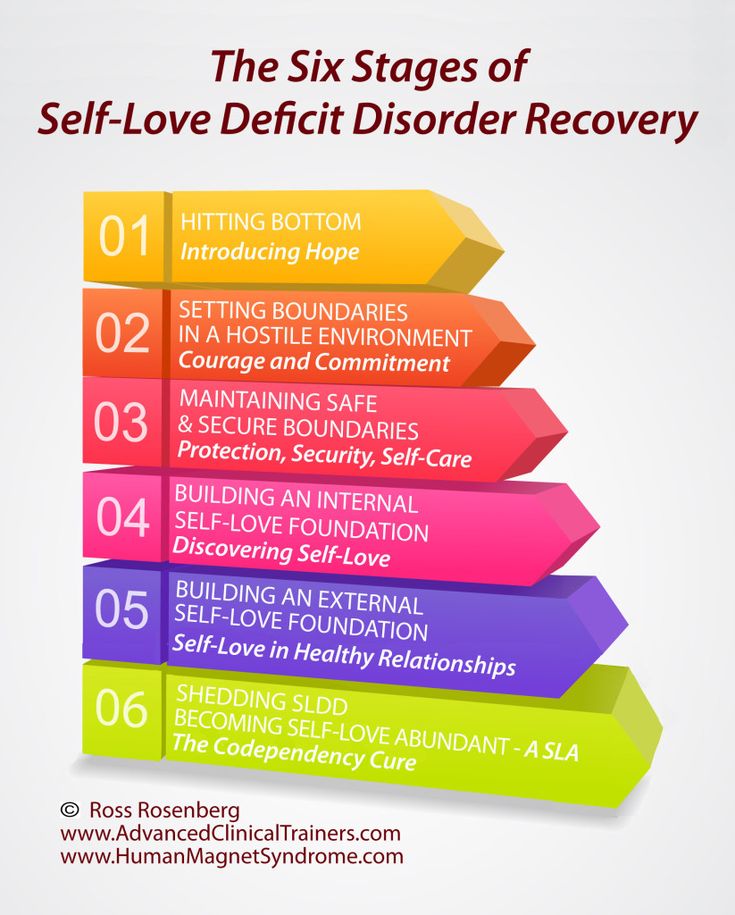 Children who are subservient to parents with exaggerated needs for fame and glory often become empty, adult-led themselves and feel that they will never achieve significant success. Regardless of their accomplishments, they often suffer from low self-esteem and a weak sense of themselves and feel like failures. Typically, the sensation of suffocation serves as a motive for the individual to get out of this entanglement. People may feel as if they are dying, have some kind of illness, or experience a physical illness that creates a fear of death in them. Only then do they begin to make attempts to break out of this system. nine0007
Children who are subservient to parents with exaggerated needs for fame and glory often become empty, adult-led themselves and feel that they will never achieve significant success. Regardless of their accomplishments, they often suffer from low self-esteem and a weak sense of themselves and feel like failures. Typically, the sensation of suffocation serves as a motive for the individual to get out of this entanglement. People may feel as if they are dying, have some kind of illness, or experience a physical illness that creates a fear of death in them. Only then do they begin to make attempts to break out of this system. nine0007
Courage to be different from your co-dependent family
When you decide to change yourself and your life, you are actually choosing to reject the collective opinion and be different. This may seem quite logical and normal. However, the family may not be happy with you. Your family members may be upset, offended and angry with you.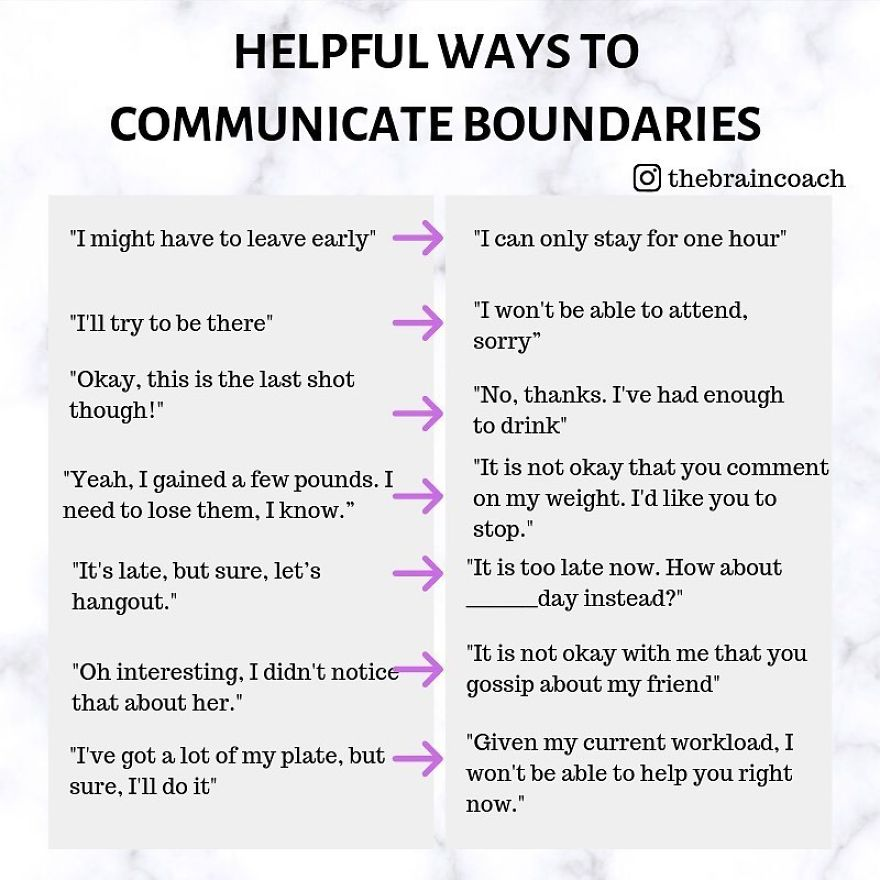
By deciding to be independent, you violate the delicate structure of the family web, which can lead to the collapse of the family. This will awaken everyone's fears, as a result of which family members will try
stop you. You will notice that they use the old means of pressure (shame, rejection of love, etc.) even more than before to keep you in the same place. They may try to convince you that you are crazy or sick, or even hospitalize you. They definitely won't let you leave so easily, especially if you were a key figure in this family drama.
Boundaries
The challenge of becoming separate and autonomous means that you will be able to separate yourself from other people and create your own individual boundaries that will help you shape your own personality. nine0004 Individual boundaries include your body, feelings, thoughts, opinions, needs, beliefs, and desires. The presence of boundaries creates a fundamentally new set of rules regarding the interaction of people.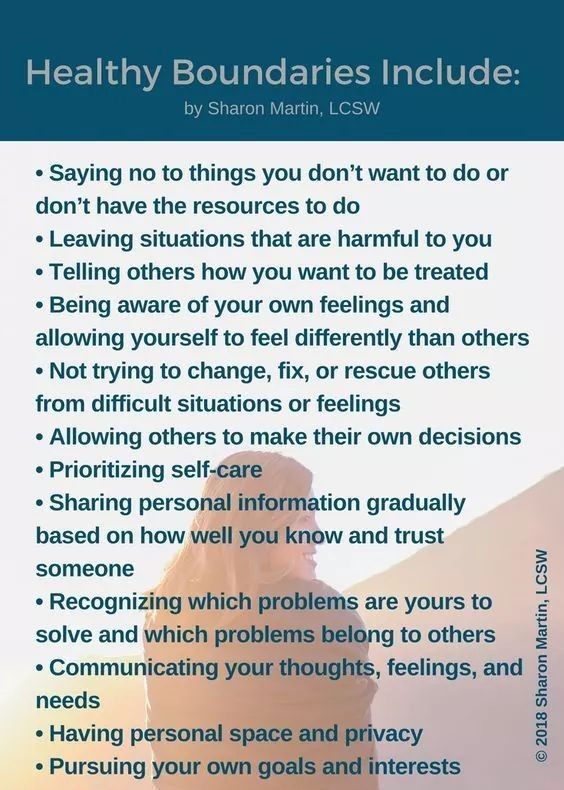
These rules are:
# People need to ask for permission before they
violate each other's personal and psychological boundaries.
# The ability to bear responsibility is determined by who owns the problem. That is, you do not transfer the responsibility for solving other people's difficulties to yourself. nine0004 # People do not "own" or "belong" to each other.
In co-dependent families, in fact, there are no personal boundaries between family members, children and adults can even change roles. This is very typical of alcoholic families, in which children have to go shopping, wash and put drunk parents to bed. Adults can also turn into children in order to receive the nurture, love, affection and comfort that parents really should not receive, but give.
This creates an atmosphere in which incest or sexual abuse is likely, which explains the prevalence of such deviations in alcoholic families. nine0007
Incest and sexual abuse
Fathers who have incestuous relationships with their children are almost always very symbiotic.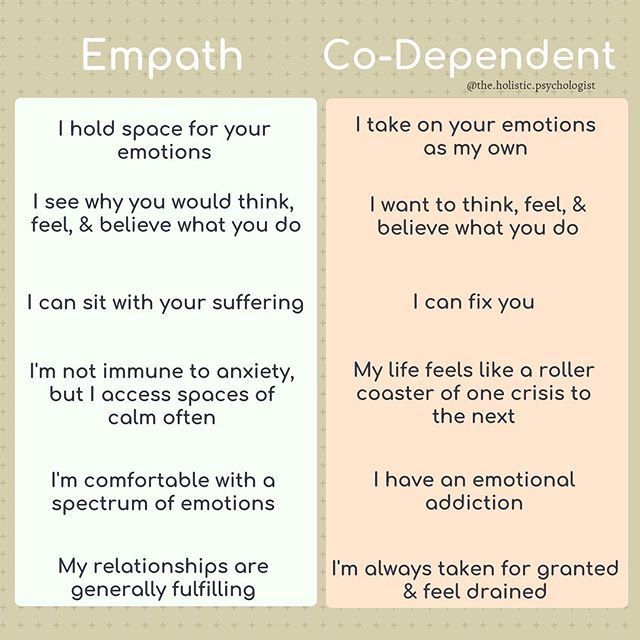 Their blurry boundaries and inability to separate themselves from others create a strong need for warmth, closeness, approval, and intimacy. A father who has not experienced this is usually not even able to put his needs into words. He will yearn for someone who would be close to him, touch him, take care of him. A strong fear of abandonment makes satisfying these needs in a relationship with an adult woman too risky and too dangerous. The child's warmth and innocence alleviate this fear and create the security necessary for his unmet narcissistic needs to surface. nine0004 Such men are literally thrown back into an infantile state in which their own needs and feelings are seen as the most important. The false belief that children won't be able to remember anything from before they were five or six years old maintains a form of relationship called the "doll illusion."
Their blurry boundaries and inability to separate themselves from others create a strong need for warmth, closeness, approval, and intimacy. A father who has not experienced this is usually not even able to put his needs into words. He will yearn for someone who would be close to him, touch him, take care of him. A strong fear of abandonment makes satisfying these needs in a relationship with an adult woman too risky and too dangerous. The child's warmth and innocence alleviate this fear and create the security necessary for his unmet narcissistic needs to surface. nine0004 Such men are literally thrown back into an infantile state in which their own needs and feelings are seen as the most important. The false belief that children won't be able to remember anything from before they were five or six years old maintains a form of relationship called the "doll illusion."
Symbiotic fathers often do not know how to be close and affectionate without sex, how to satisfy their own needs to belong to someone
or have a warm relationship without resorting to physical action.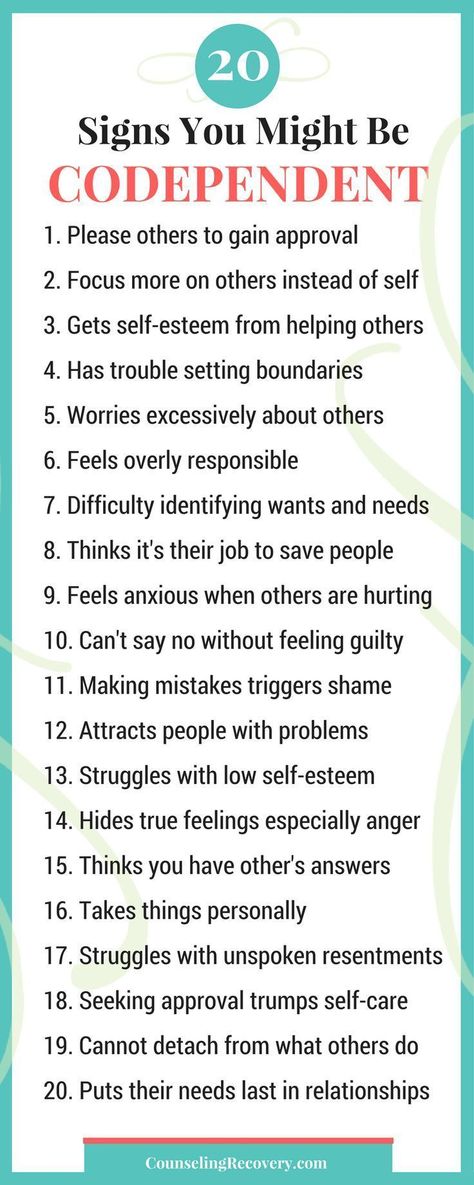 They sexualize most of their relationships. nine0004 When a symbiotic father approaches his daughter for sexual purposes in an attempt to satisfy his symbiotic needs, he rarely realizes what he really needs. Most men involved in incest are completely unaware of their needs and have no experience in satisfying them in moral ways. Some adult psychopaths, who were almost uncared for in early childhood, go out of their way to take revenge on anyone. The circumstances that trigger their incestuous acts are different from the circumstances in the case of a symbiotic parent or adult. nine0004 Psychopathic parent is not explored when discussing incest and sexual abuse. Looking at incest and sexual abuse from an evolutionary and cultural perspective, it is clear that society must explore them as issues on a larger scale.
They sexualize most of their relationships. nine0004 When a symbiotic father approaches his daughter for sexual purposes in an attempt to satisfy his symbiotic needs, he rarely realizes what he really needs. Most men involved in incest are completely unaware of their needs and have no experience in satisfying them in moral ways. Some adult psychopaths, who were almost uncared for in early childhood, go out of their way to take revenge on anyone. The circumstances that trigger their incestuous acts are different from the circumstances in the case of a symbiotic parent or adult. nine0004 Psychopathic parent is not explored when discussing incest and sexual abuse. Looking at incest and sexual abuse from an evolutionary and cultural perspective, it is clear that society must explore them as issues on a larger scale.
Boundary opinions
Awareness and creation of personal boundaries are the main steps in the healing of codependency, as they require restructuring of the structure of all relationships.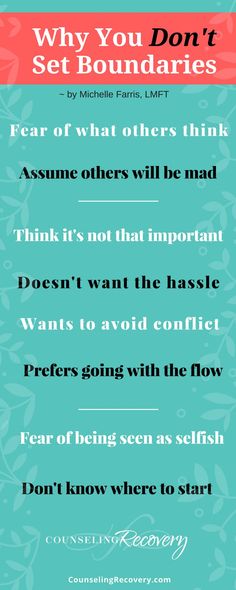 Whether it's in a relationship of two or in a family of ten, one person recognizes this need before the others, often leading to a crisis. nine0004 A partner or child who enjoys the symbiotic dynamic (for example, having all his personal needs met by someone else, although he is able to take care of himself) can be completely unbalanced by such changes. Such people may try to make you feel like a bad person and play on your guilt. Setting personal boundaries can lead to the breakdown of relationships.
Whether it's in a relationship of two or in a family of ten, one person recognizes this need before the others, often leading to a crisis. nine0004 A partner or child who enjoys the symbiotic dynamic (for example, having all his personal needs met by someone else, although he is able to take care of himself) can be completely unbalanced by such changes. Such people may try to make you feel like a bad person and play on your guilt. Setting personal boundaries can lead to the breakdown of relationships.
This choice needs to be thought out and made clear to yourself in advance so that you can overcome the resistance from those who do not want your changes and resist changing themselves. Once you decide to create personal boundaries, it will be difficult to go back. You must evaluate the whole scenario of difficulties that may arise in front of you and be ready to overcome them. In addition, you will need the support of other people who recognize your need for boundaries and will be with you when conflict arises. nine0004
nine0004
Codependency and psychological boundaries of personality, Psychology - Gestalt Club one of the books by Valentina Moskalenko, a specialist in the field codependency. This name reflects the essence of codependence - its roots go to the family of the person suffering from it, to a special family a situation that was associated with the fact that one of the family members was addicted, and others joined the disease through the response system of behavioral and emotional reactions - codependency. nine0007
dependence of one of the family members, but in modern addictology there are also a number of other dependencies. Dependency can be drug, gaming, sexual, food or any other. At the same time, the mechanism of different dependencies is similar, and the same models behaviors operate under different dependencies. If speak about psychological causes of addiction, on the one hand, it is an attempt fill the inner emptiness, on the other hand - avoid unbearable reality to an alternate dimension, another world or altered state of consciousness.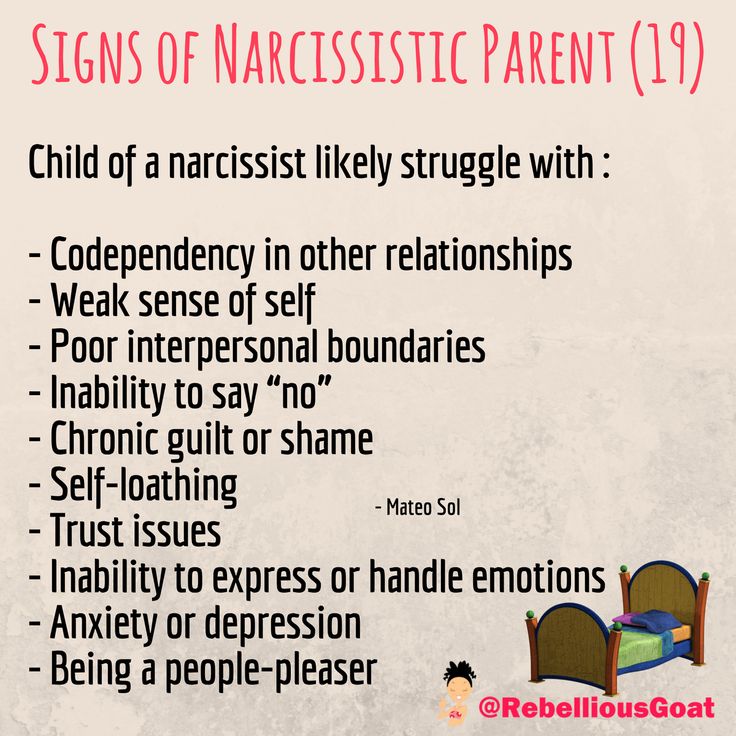 nine0007
nine0007
Codependency is formed when a person is forced to coexist next to those who are dependent, and, therefore, partially take take over those vital functions with which he cannot cope or cannot the addict always copes because of his illness, to save him, treat his illness in a certain way - on the one hand, express dissatisfaction and, perhaps, scold, ask to do something with this addiction. On the other hand, feel sorry and try to help. So, the codependent person walks around the circle of the scenario persecutor-rescuer-victim, finding himself first in one, then in another, then in a third role. Don't react to what's going on addicted, it is difficult for him, and he gets involved, tries to be useful and necessary, perceives someone else's problem as his own, but at the same time experiencing pressure and lack of freedom from this whole situation. nine0007
If a person coexists with a dependent relative from an early age childhood, or grew up in a family where there were addicts, which means that there are co-dependent, there is a high risk that his boundaries will be are violated, because, functioning in the triangle mode persecution, rescue and sacrifice, the family system cannot maintain healthy boundaries.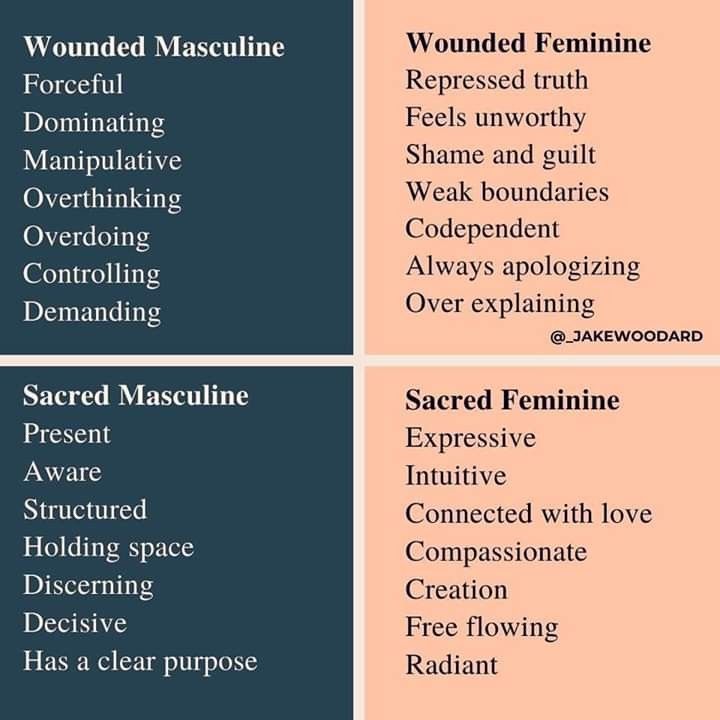 And then at the moments of formation and boundary markings, they will inevitably be violated by other members family, and subsequently it will be difficult for a person to separate his "I" from someone else's. nine0007
And then at the moments of formation and boundary markings, they will inevitably be violated by other members family, and subsequently it will be difficult for a person to separate his "I" from someone else's. nine0007
Co-dependent people tend to merge with their loved ones, dissolving in them, and this means not only that they tend to take on someone else's pain, get involved in solving other people's problems and sacrifice yourself for others. They find it difficult to feel contact with others, and the very moment of contact often means for them loss of yourself. And then the very situation of contact becomes shaky, because healthy contact implies that two people participate in it, two different "I" with their own characteristics and wishes. Merging with others, the person loses the boundary of contact. Sacrificing himself, he only on a superficial level renounces his "I", but in deep down awaits rewards and reciprocal sacrifices for this, which often leaves outside the contact, i. e. doesn't talk to others people. As a result, it turns out that, not getting what he wants, he saves discontent and explodes, turning from a victim into a persecutor, and then he takes pity on the one on whom he took out his anger, and begins it save. nine0007
e. doesn't talk to others people. As a result, it turns out that, not getting what he wants, he saves discontent and explodes, turning from a victim into a persecutor, and then he takes pity on the one on whom he took out his anger, and begins it save. nine0007
To break the cycle of this scenario and codependency, It is important to start working with yourself and with your boundaries. Such work starts small - from self-awareness and from the moment of a distinct awareness at what moments a codependent person loses himself, how how he chooses to renounce himself, how he merges with others. If you start tracking such moments, they are every time appear in daily communications. For example, when codependent person refuses someone, at this moment he can to be not in oneself and with oneself, i.e. not in contact with oneself, but on the pole where the other person is. And then he sympathizes with him, worries about the reaction of another person, thinks about what he threatens this rejection in the future, worries like another person will survive his rejection, but does not think about himself at this moment.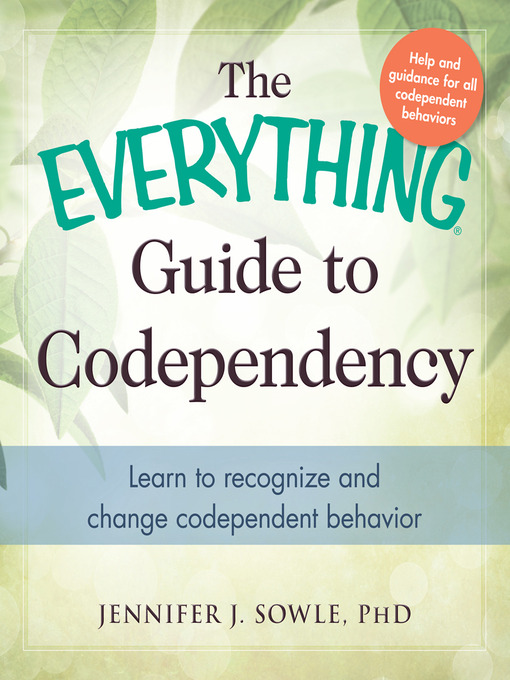 Such situations of shifting attention to other people's reactions and feelings, i.e. hyperempathy can be identified a lot. The same thing happens with a codependent person when someone is in trouble. At these moments he also not with himself, but with another, his point of attention is in friend, not in yourself. And, turning away from himself, he stops understand their own needs and feelings, which, however, do not leave it, but become its background or partially go into the unconscious, because the focus is now on completely different things - caring for someone else or saving someone else. nine0007
Such situations of shifting attention to other people's reactions and feelings, i.e. hyperempathy can be identified a lot. The same thing happens with a codependent person when someone is in trouble. At these moments he also not with himself, but with another, his point of attention is in friend, not in yourself. And, turning away from himself, he stops understand their own needs and feelings, which, however, do not leave it, but become its background or partially go into the unconscious, because the focus is now on completely different things - caring for someone else or saving someone else. nine0007
Codependency manuals and books often state that codependent people are not as altruistic and noble as they are want to appear different. Saving others, they expect much more in return, making a deal according to the unspoken rule - "if I saved you, now you owe me." They often tend to manipulate feelings of others, without which it is difficult for them to feel really needed. And then the path of recovery begins with recognition of the problem.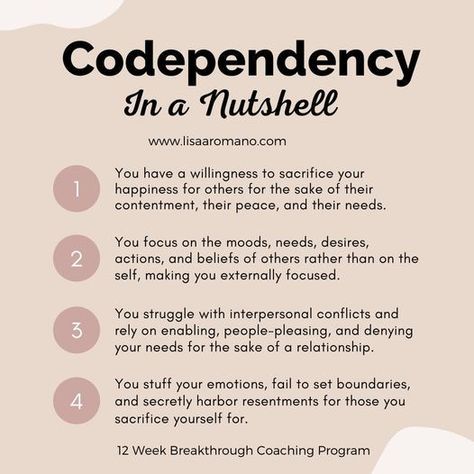 From what is saving-haunting-sacrificial behavior does not benefit, but harm both the person himself and the one he saves. With the understanding that blurred boundaries create difficulties in the relationship for both parties. From in order to shift the focus of your attention from others to yourself and learn take care of yourself first of all, and, therefore, take on responsibility for their feelings and reactions, not transferring to this moment the center of gravity on the other and giving him free opportunity to handle it yourself. nineLove triangle, relationships, idealization, depreciation, codependency, Karpman's triangle, Rescuer, Persecutor, VictimGetting rid of codependencerelationships, relationship mistakes, loneliness, codependency, betrayal, toxicity, manipulation, guilt in relationships codependent womancodependency separationcodependency, counterdependencycodependency, idealization, devaluation , man and woman love, codependence, relationship, dependent relationship, emotional addiction.
From what is saving-haunting-sacrificial behavior does not benefit, but harm both the person himself and the one he saves. With the understanding that blurred boundaries create difficulties in the relationship for both parties. From in order to shift the focus of your attention from others to yourself and learn take care of yourself first of all, and, therefore, take on responsibility for their feelings and reactions, not transferring to this moment the center of gravity on the other and giving him free opportunity to handle it yourself. nineLove triangle, relationships, idealization, depreciation, codependency, Karpman's triangle, Rescuer, Persecutor, VictimGetting rid of codependencerelationships, relationship mistakes, loneliness, codependency, betrayal, toxicity, manipulation, guilt in relationships codependent womancodependency separationcodependency, counterdependencycodependency, idealization, devaluation , man and woman love, codependence, relationship, dependent relationship, emotional addiction.